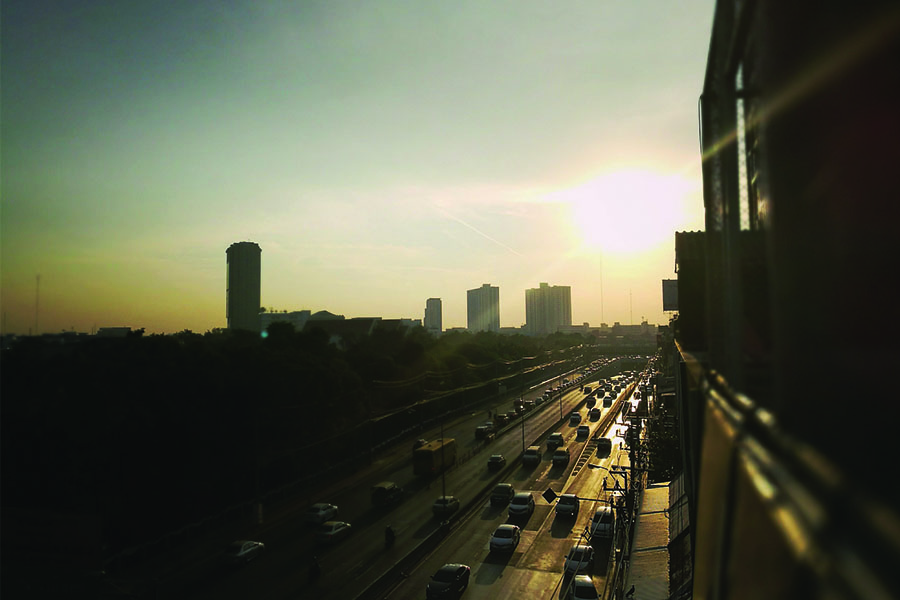
Can Night time Energy Use Predict Morning Traffic?
By Sherry Stokes
To predict when morning traffic is likely to grind to a halt, it may be more effective to examine how we use electricity in the middle of the night instead of travel-time data. By analyzing household electricity use in Austin, Texas, researchers at Carnegie Mellon University were able to predict when morning traffic would snarl up some segments of Austin’s highways.
Predicting when traffic congestion will start and how long it will last is difficult because of day-to-day variations. Analyzing real-time travel data doesn’t provide enough information for prediction purposes because drivers’ departure times and traveling behaviors vary, creating ever-changing demands on highway systems. Compounding matters, during the morning peak, highway traffic often breaks down within just a few minutes near bottlenecks. To better understand traffic flow, researchers explored the interrelationships between urban systems, a key concept in smart city research, by examining how Austin’s transportation system intertwines with its electricity system.
In this study, Sean Qian, an assistant professor of Civil and Environmental Engineering and Ph.D. student Pinchao Zhang created a model that mined electricity-use time data and then employed artificial intelligence (AI) to predict traffic flow. This study may be the first that attempts to discover spatiotemporal relations of usage patterns among transportation and energy systems.